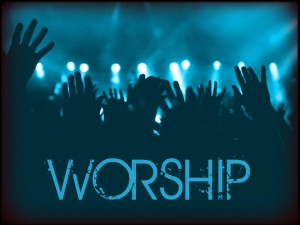Friday, in the Medieval-Reformation course I gave a lecture on Calvin’s doctrine of worship during which a student asked about instruments. I replied that Calvin (and most of the Reformed) would have viewed the introduction of instruments into the service the same . . . Continue reading →
Heidelcast 14: Reforming Worship and the Basis for Marriage
The Heidelcast answers mail from Sam about how to pursue the reformation of worship in a congregation and about how much doctrinal agreement is necessary for a marriage.










